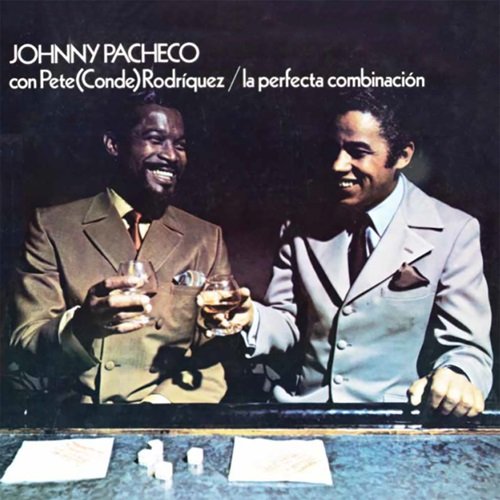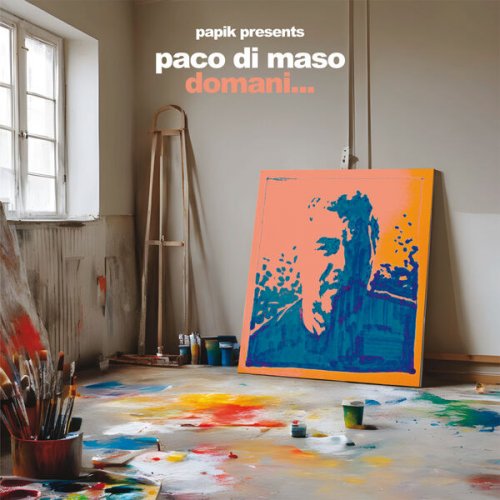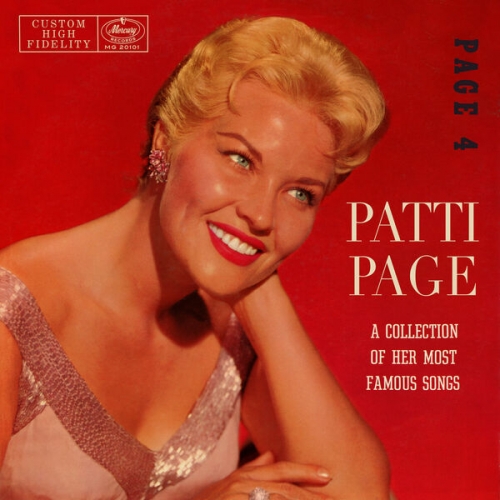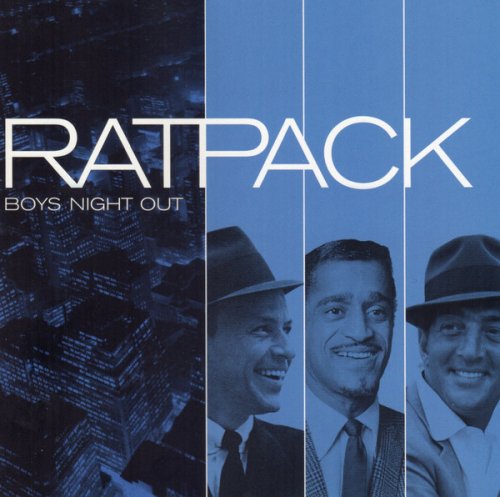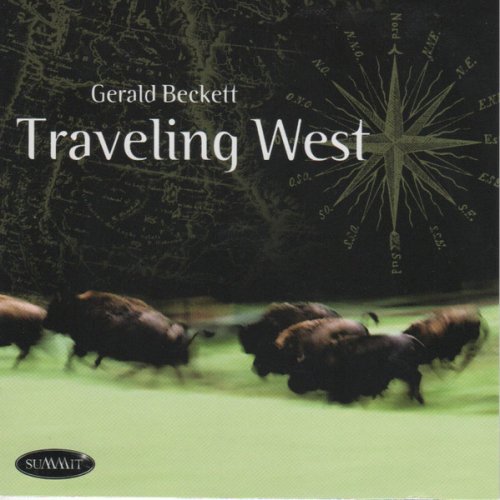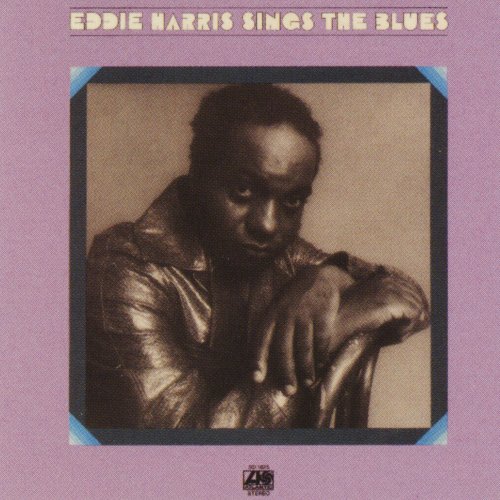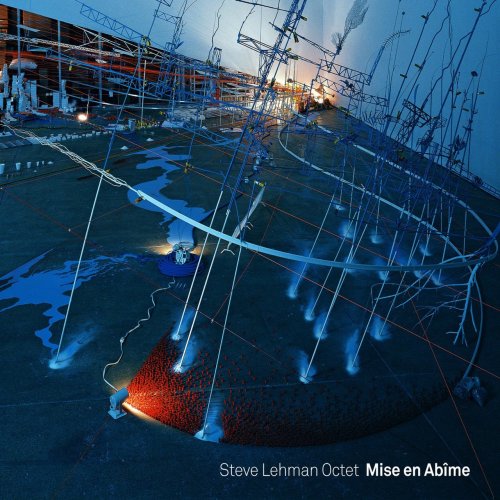Ingrid Marsoner - Beethoven: Piano Sonatas Nos. 24, 28 & 32 (2017) [Hi-Res]
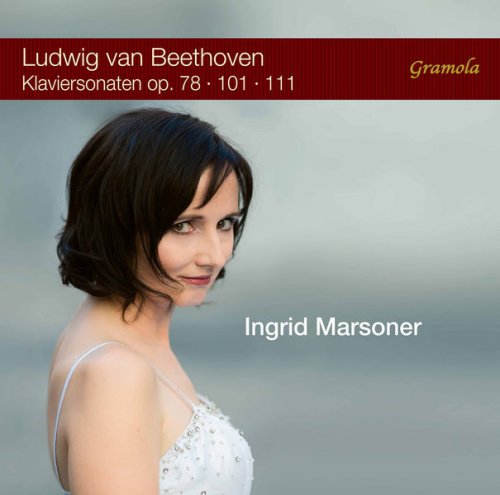
Artist: Ingrid Marsoner
Title: Beethoven: Piano Sonatas Nos. 24, 28 & 32
Year Of Release: 2017
Label: Gramola Records
Genre: Classical, Piano
Quality: flac lossless / flac 24bits - 96.0kHz +Booklet
Total Time: 01:04:50
Total Size: 217 / 1009 mb
WebSite: Album Preview
TracklistTitle: Beethoven: Piano Sonatas Nos. 24, 28 & 32
Year Of Release: 2017
Label: Gramola Records
Genre: Classical, Piano
Quality: flac lossless / flac 24bits - 96.0kHz +Booklet
Total Time: 01:04:50
Total Size: 217 / 1009 mb
WebSite: Album Preview
---------
01. Piano Sonata No. 28 in A Major, Op. 101: I. Etwas lebhaft und mit der innigsten Empfindung. Allegretto ma non troppo
02. Piano Sonata No. 28 in A Major, Op. 101: II. Lebhaft. Marschmäßig. Vivace alla marcia
03. Piano Sonata No. 28 in A Major, Op. 101: III. Langsam und sehnsuchtsvoll. Adagio, ma non troppo, con affetto
04. Piano Sonata No. 28 in A Major, Op. 101: IV. Geschwind, doch nicht zu sehr, und mit Entschlossenheit. Allegro
05. Rondo a capriccio in G Major, Op. 129 "Rage Over a Lost Penny"
06. Piano Sonata No. 24 in F-Sharp Major, Op. 78 "à Thérèse": I. Adagio cantabile-Allegro ma non troppo
07. Piano Sonata No. 24 in F-Sharp Major, Op. 78 "À Thérèse": II. Allegro vivace
08. Piano Sonata No. 32 in C Minor, Op. 111: I. Maestoso-Allegro con brio ed appassionato
09. Piano Sonata No. 32 in C Minor, Op. 111: II. Arietta. Adagio molto semplice e cantabile
Following up to her recording of piano concertos by J.N. Hummel and Beethoven, Austrian pianist Ingrid Marsoner is now presenting her interpretations of late piano sonatas by Beethoven. Marsoner's subtle yet vigorous play is opening with the Sonata No. 28 in A major, Op. 101. The Rondo alla ingharese, quasi un capriccio, Op. 129 i sbetter known by its popular name ''Rage Over a Lost Penny'' and is as an early work like the ''lighter'' Sonata No. 24 in F sharp major, Op. 78, a welcoming intermezzo and an interesting contrast to the somewhat more profound late sonatas. As such the Sonata No. 32 in C minor, Op. 111 symbolizes this world and the hereafter with its two very dissenting movements. The Austrian pianist Ingrid Marsoner is blessed with a musical sensitivity rarely to be found in the younger generation. Without any mawkishness, she is capable of moving listeners with Franz Schubert, accomplishing structural and atmospheric miracles with J.S. Bach's Goldberg Variations, unfolding an amazing energy in musical competition with symphony orchestras and then, when she dips into the subtleties of a Mozart sonata or a modern impression, differentiating the finest nuances so fluently that the famous borderline between musical art and music ocne more completely loses its validity. She has received major musical inspiration from other eminent pianists such as Tatiana Nikolayeva, Paul Badura-Skoda and Alfred Brendel.
